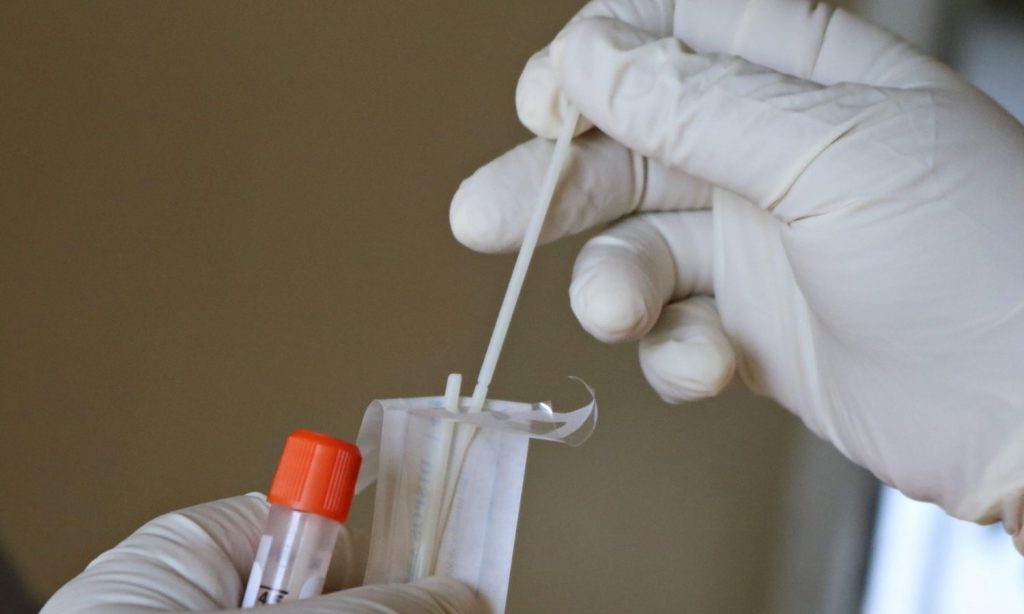
Study: More than 40% of people with COVID-19 never do this
One of the biggest questions scientists have asked themselves in recent years is the effects of asymptomatic COVID-19. Are these people spreading the virus without knowing it and are they contributing to the pandemic?
A new study suggests that over 40% of people who tested positive for COVID-19 were asymptomatic, meaning they didn’t have traditional symptoms of the disease. There are a few caveats, mainly that many asymptomatic people have likely never had a COVID-19 test.
RELATED: Should You Get Your COVID-19 Booster When You’re Sick?
Photo by Priscilla Du Preez via Unsplash
The study, published on the JAMA network, showed that asymptomatic cases were more common the younger the patient was. The results show that 60% of people under 20 tested positive while asymptomatic, with this range decreasing with age (50% in people 20 to 39; 32% in people 40 to 59; 33% for people over 60).
According to Dr. Alan Wells, who spoke to USA Today and has nothing to do with the study, there would be more cases of asymptomatic people if the tests were done more extensively. He also argues that vaccines could have an impact on these cases too, protecting people from more severe cases of the disease and preventing symptoms from ever showing up.
These results indicate a couple of things. Forty percent of asymptomatic cases represent 0.25% of the population tested, a small range that suggests that these people are not responsible for a large spread. Researchers also believe that people who have experienced asymptomatic COVID-19 don’t have as much protection as those who experienced the full blown disease.
RELATED: During the pandemic, that health risk has increased in Americans
 Photo by Mufid Majnun via Unsplash
Photo by Mufid Majnun via Unsplash
While all forms of infection are immune-boosting, the easiest, most straightforward way to stay protected would be to get a vaccination or a booster vaccination if you received your first vaccination more than six months ago. The study’s results don’t change much, by and large, but they do give the researchers (and us) a better understanding of the disease, which will persist indefinitely.

Post a comment: